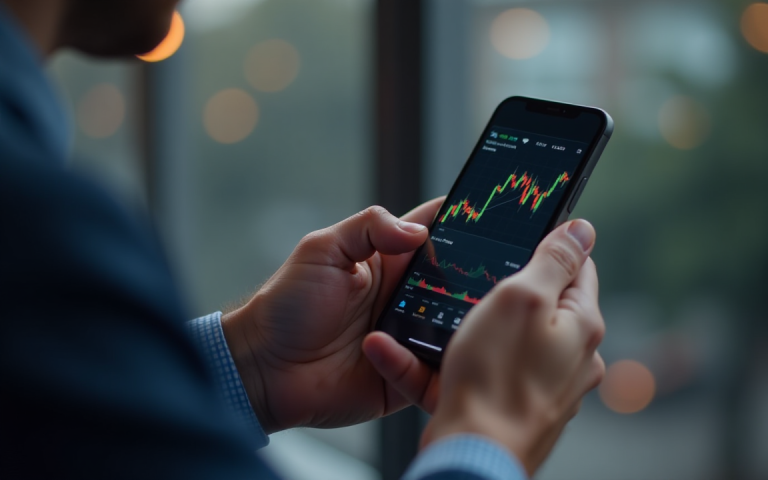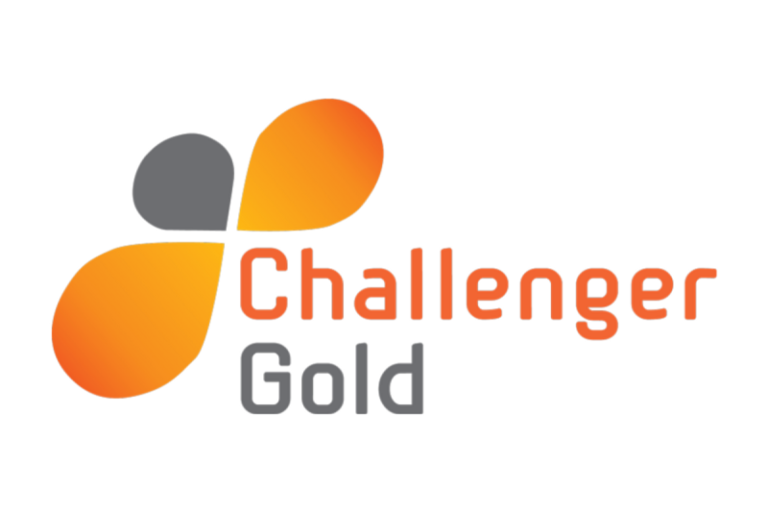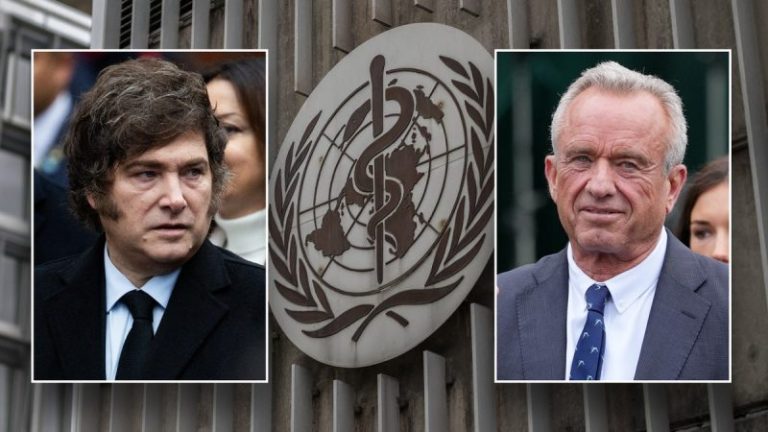European stock markets exhibited a cautious and mixed start to Wednesday’s trading session, with the pan-European Stoxx 600 index hovering near flat territory as investors braced for a significant influx of economic data from across the continent.
Currency markets saw both the British pound and the euro soften against the US dollar, while global attention turned towards upcoming US Federal Reserve meeting minutes and highly anticipated earnings from chip giant Nvidia.
Shortly after the opening bell, the pan-European Stoxx 600 was trading flat, reflecting a general lack of strong directional conviction among investors.
National bourses showed slight variations: London’s FTSE 100 and the French CAC 40 were marginally higher, indicating a touch of resilience.
Germany’s DAX, which had impressively scaled a record high in Tuesday’s session, was trading around 0.1% higher, suggesting it was holding onto its recent strong gains.
This tentative market mood comes as participants anticipate a swathe of economic indicators due for release throughout the day.
Key data points include German import prices, final French gross domestic product (GDP) figures, employment data from both France and Germany, and an update on Turkish economic confidence.
These releases will provide further insights into the health and trajectory of the European economy.
Currency watch: pound and euro dip against dollar
In foreign exchange markets, the British pound was trading 0.2% lower against the US dollar on Wednesday morning.
This movement put sterling on track for its second consecutive day of losses versus the greenback, though it’s important to note that the pound has still appreciated by a significant 7.7% against the dollar year-to-date.
Similarly, the euro was also trading 0.2% lower against the US currency, potentially extending its losses for a second day.
Despite this recent dip, the euro has recorded a gain of more than 9% against the US dollar since the beginning of the year.
Global focus: Fed minutes and Nvidia’s numbers awaited
Global investors are keenly awaiting the release of minutes from the US Federal Reserve’s May meeting, which are due later on Wednesday.
These minutes will be scrutinized for any fresh clues regarding the central bank’s thinking on inflation, interest rates, and the overall economic outlook.
While no major corporate earnings were expected out of Europe on Wednesday, market participants on both sides of the Atlantic are closely monitoring the upcoming earnings report from US chipmaking behemoth Nvidia.
The company’s results, due after Wall Street’s closing bell, are widely seen as a key barometer for the tech sector and broader market sentiment.
Asia-Pacific recap and US market cues
The trading backdrop from the Asia-Pacific region was mixed on Wednesday.
Japan’s Nikkei 225 was last seen trading 0.3% higher, while South Korea’s Kospi added a more substantial 1.8%.
However, Australia’s S&P/ASX 200 shed 0.2% after the country reported a higher-than-expected rise in inflation.
Hong Kong’s Hang Seng index was also down 0.4%.
On Wall Street, stock futures were flat ahead of Wednesday’s trading session.
This followed broad gains on Tuesday, as investors reacted positively to US President Donald Trump’s decision to pause the implementation of 50% tariffs on European Union imports, a development that markets absorbed as they reopened after the Memorial Day holiday.
German import prices show unexpected contraction
Adding to the day’s economic narrative, fresh data from Germany revealed an unexpected development in import prices.
Figures from the Federal Statistical Office showed that German import prices fell by 0.4% year-on-year in April.
This was a surprise, as analysts polled by LSEG data had been anticipating an annual rise of 0.2%.
The previous month, March, had seen import prices in Germany rise by 2.1%, making the April contraction particularly noteworthy.
The post Europe markets open: Stoxx 600 hovers near flatline; focus on German data, US Fed, Nvidia results appeared first on Invezz



